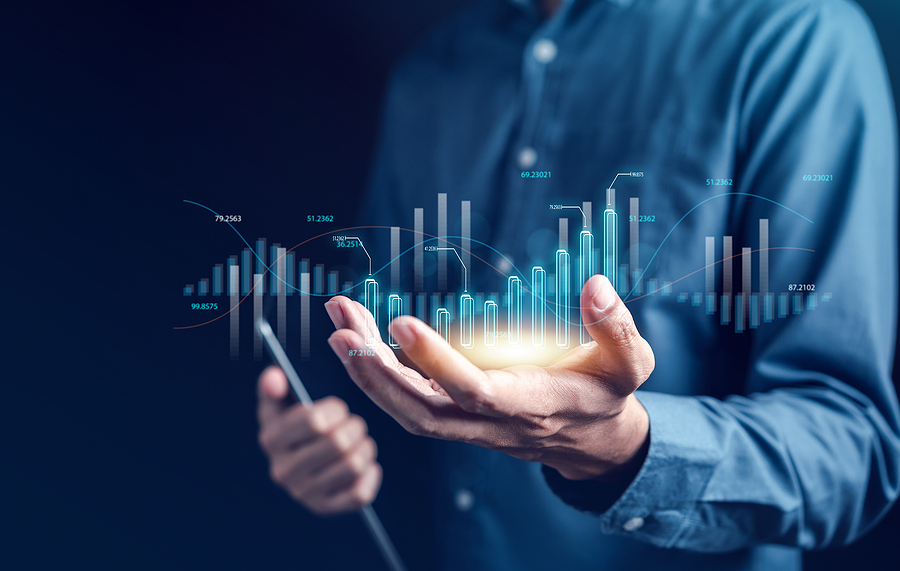By Matan Holander, CEO at Mobisoft
A new era of CPG field sales has arrived, and clipboards are giving way to mobile, data-driven solutions.
Consumer packaged goods (CPG) companies have seen immense changes over the past few years. From COVID-19 accelerating e-commerce and supply chain challenges straining relationships with customers to a now uncertain economy after months of inflation, change has been the only constant. Amid volatility, CPG companies are looking to tap into next-generation technology to speed up their digital transformation journeys for much-needed agility and efficiency.
The top five challenges facing CPG sales
1. Adopting data-driven sales
For most CPG companies, data-driven sales remain elusive. Why? Field representatives need a 360-degree view of every customer from all the company IT systems, including ERP, WMS, and BI, while in the field. And while most companies can access each of these individually in the back office, providing access to all of them remains far off, especially mobile access for field sales.
2. Field representatives lack focus
With large catalogs and a wide customer base, field reps can suffer from too many options, resulting in a lack of focus. They fail to maximize profits without knowing which products to push and which customers to prioritize.
3. Strain on the back-office
Typical CPG sales involve an incredible amount of back-and-forth communication between field reps and back-office staff. Lacking access to data, field reps need to constantly check in with finance teams regarding invoices and statements and the back-office team to get pricing and product information. This has led to CPG companies increasing overhead by hiring more back-office staff. As salary demands go up and margins go down, many companies recognize a need to right-size their support staff but cannot do so until they unlock better process efficiency.
4. Maintaining customer relationships amid e-commerce
One of the drawbacks of implementing a self-ordering solution is that the relationship between the sales rep and the customer can diminish. After all, if your customers don’t need to talk to you to order, chances are they’ll start calling you a whole lot less. If CPG sales reps are to maintain strong customer relationships amidst e-commerce, they’ll need clear visibility on customer orders and find new rhythms of engaging with customers.
5. Lack of financial control
As field reps visit dozens of customers, each with its own unique pricing and promotions, it can be difficult to ensure they’re collecting the right amount of money on each visit. When they get this wrong, they risk overcharging customers and straining the relationship or undercharging customers and hurting their own company. What they need is a way to sync payments with current open invoices according to customer-specific payment terms while in the field.
How mobile sales and distribution software comes into play
As CPG companies seek to navigate these challenges, they increasingly rely on next-gen mobile sales and distribution software. Why? Mobile sales and distribution software allows field reps to access all the data they need, right from their tablet or cellphone. This eliminates strain on the back office and enables field reps to have all the necessary customer information at any time and place.
With the rapid rise of AI, these platforms are also becoming more sophisticated. Some offer AI-powered order recommendations based on a customer’s previous purchases and the rep’s KPIs. This helps increase focus for field reps and provides customers with customized care.
Management teams also benefit from these tools as they offer greater visibility into field rep activities. For instance, managers can see which stores a rep is visiting, their progress on monthly goals, and much more. And when these platforms offer payment processing in the app, managers don’t have to worry that reps are charging the wrong amount because the app is synced with invoices from the ERP.
The transition to B2B e-commerce
The pinnacle of digital transformation for CPG sales is B2B e-commerce. Love it or hate it, CPG companies are being forced to adapt their sales processes to a new reality in which customers want to order on their own time without needing to go through a sales rep.
While this can decrease customer interactions, many B2B e-commerce solutions feature customer communication options within the app and allow field reps to see customer orders on the back end. This will enable them to stay up-to-date with customer behavior and reach out through the point of sale.
New solutions for a new era of sales
Ultimately, every CPG company wants to be the company their customers love to order from. Digital transformation through mobile sales and distribution platforms – and especially B2B e-commerce – can make this happen. Those who act fast stand to gain the most benefits and can come out on top in this new era of sales.

